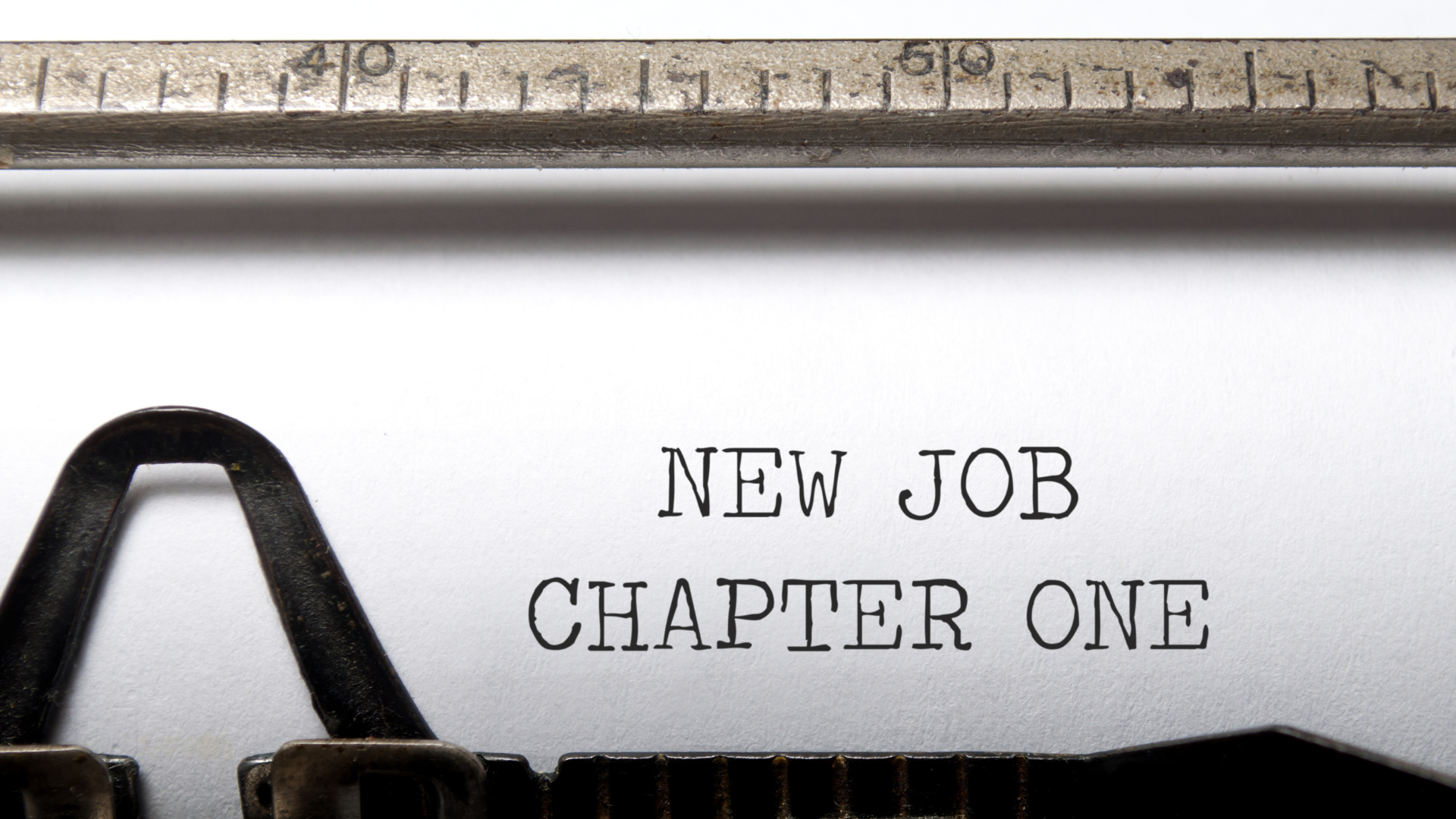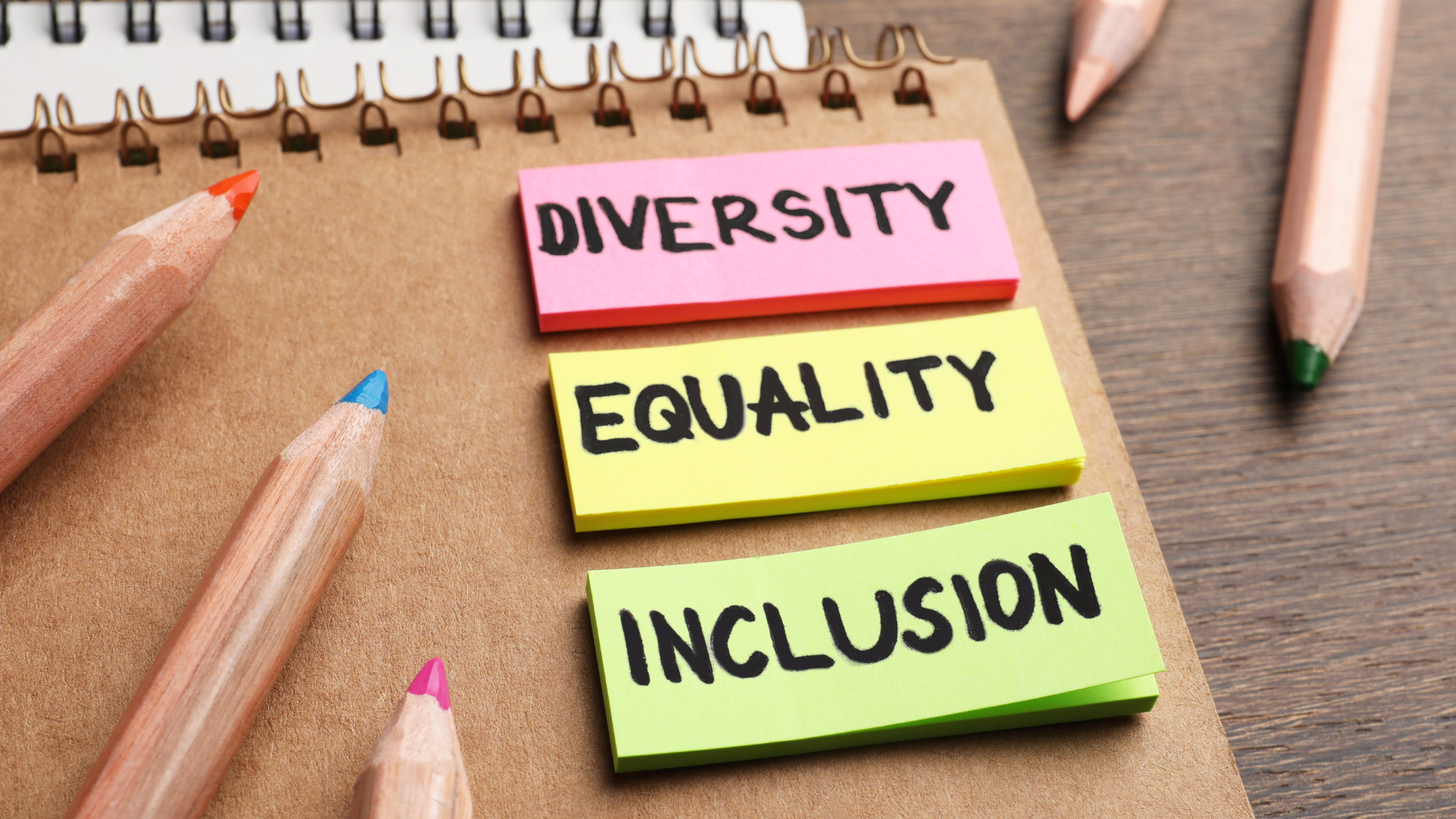Ageism in Recruitment – Is It a Real Thing?

I read this article today with some interest, because I have had a number of comments from ‘older’ job seekers on other blogs I have written, bemoaning how difficult it is for them to find work, and I have often felt at a loss on how to advise people in that situation. So I was keen to see what the ‘research’ shows.
Firstly, I have to be a little cynical here, because what the research is showing is why people ‘feel’ they didn’t get the jobs they have applied for, rather than necessarily having been told the reason they were unsuccessful. So I kind of think the research is only valid in terms of jobseeker perception, rather than reality. But having said that, perception is a powerful thing and sometimes if it walks like a duck and talks likes a duck…
So let’s take a quick look at the three most common themes as a result of the research and I will see if I can offer any advice on how to overcome these hurdles.
Older Workers Are Rusty
“…the perception that recruiters view older workers as slow and unfit, a combination that leads many to believe they’re at risk of injury.”
Clearly this is aimed at blue collar roles than white collar, so I have to be clear here and say that I don’t have a lot of experience with this specific issue. But, I have no doubt that this does happen and that it is very easy for an applicant to believe that this discrimination is being applied to them.
Firstly, let’s be very clear on one thing – an employer is absolutely allowed to discriminate against the criteria for the job. This can include if you have an existing physical condition or injury that would prevent you being able to actually perform the required duties, and if it would cause unjustifiable hardships on the business to make special adjustments. This last part, the unjustifiable hardship part, can be a bit ambiguous, but the Human Rights Commission says:
“When thinking about reasonable adjustments, employers need to weigh up the need for change with the expense or effort involved in making it. If making the adjustment means a very high cost or great disruption to the workplace, it not likely to be reasonable”.
So I wouldn’t be shocked if older workers with physical limitations DO find it difficult to obtain work for positions where their physical injuries make it impossible for them to do the actual work.
But what if you think that the employer (or recruiter) is assuming you are not fit for the job? Firstly, let me be clear, you are not legally required to advise a potential employer of any disability or medical condition up front. The Human Rights Commission makes that clear too. So you don’t HAVE to say anything. BUT, if you know you are fit for work and want to make it clear to a potential employer that you don’t have any physical / medical limitations, then I suggest you make a point of adding a line to your resume or cover letter to make that clear. Overcome any unconscious (or conscious) bias by saying up front that you are healthy, fit for work, and willing to do the required tasks of the role.
Sometimes I think people are damned by what they don’t put in their resume, so don’t let someone assume you can’t do the job – make a point of saying that you can.
Older Workers Are Invisible
This was an interesting finding on the research, and appears to be predominantly more of an issue amongst women than men. Overall, there appears to be the perception amongst older workers, that they are invisible and not as attractive as younger applicants. And by attractive, I mean physically attractive as well as socially attractive.
Personally, I find the comment “one of the interviewees reminisced about times gone by when she was in her 20s and 30s, a time when how she looked was valued as much as her work experience and qualifications” a bit whingey. But that’s because I have never thought it wise to trade on your looks anyway. Because looks rarely last, but a great attitude and good skills do.
Regardless of my personal opinion on people who trade on looks in employment (and I am talking about both applicants and employers), I do have (what I hope) is useful advice on how to overcome the perception that you are just not as attractive to a future employer as a youthful, good looking one.
It doesn’t matter if you are short, fat, tall, skinny, old or young – can you quickly establish yourself as an attractive opportunity for a future employer if you demonstrate a really positive, engaged and confident attitude. And yes you can dye your hair and revamp your wardrobe, but not because you will look younger, but because it will give you a confidence boost and your positive attitude will come through as a result.
And, throw in a bit of respect too. Look the interviewers in the eye, show them you are genuinely interested in what they are saying. Ask thoughtful questions. Make a point of making it clear that you are interested in the job that they are offering – not angling for a role that will lead to promotion.
Because the flip side to your fear of being less attractive to an employer because you are older, are that those pretty young things that you think are a more attractive bet, can actually worry employer. They fret that the younger candidates are too ambitious; that they will want promotion quickly, that they will be bored and restless in the role. So play on those fears – make a point of telling them how you are looking for stability in the role, how you want to focus on the job on offer.
Threatening – older workers resist change, challenge authority and are less adaptable.
OK people, this one is a big one. And I won’t even pretend you are paranoid on this one, because it’s a genuine fear / perception in the market. Will a younger manager be (potentially) worried that you will tell them how to do their job? Yes, maybe. Will a company assume that you lack computer, system or up to date industry skills? Yes, yes they will. And the only thing you can do is overcome these fears.
Firstly, where does the perception come from? Well, it’s kind of historical. Once upon a time it was common practice for people to get promotions based on how long they had worked for the company and sometimes people were promoted beyond their competency. So instead of being ‘hands on’, they became delegators – people who surrounded themselves with the people who could do the job. This kind of worked for a long time, but has left us with a hangover perception that people in senior management (or even middle management) got the role based on longevity rather than skills. So now people meet older jobseekers and can wrongly assume that they may be one of those kinds of people – with poor hands on experience.
I think, however, this will change. It’s a generational thing, and I think many people who consider themselves ‘older’ are actually very hands on, with strong systems and computer skills, the ability to learn new things and a long history of adaptability and managing change. I know that in my company, some of the ‘older’ employees have the strongest computer skills and are far more open to change than some others.
So what you need to do, to overcome the fear that you are stuck in your ways, bossy and belligerent…is to demonstrate that you are not like this at all.
In your resume, make a point of adding examples of where you were involved in systems change or implementation, where you were involved in a company wide project that required hands on skills, where you have learned new systems, and championed change.
As for the fear that you will try and tell them how to do their job? You can try and overcome this by making a point at interview of telling the interviewer that your job would be to offer support to the manager and the team, not to try and tell them what to do. The benefit of your experience is that it is an invaluable resource that your manager can draw upon and exploit as they require.
And after all that counteracting the perception that you are feeble, unattractive and intransigent, let’s remind the world why you are a really good bet:
As a mature worker, you are:
- More likely to be looking for a long term commitment
- Experienced with the knowledge of how to deal with a range of different situations; and you are
- Reliable and punctual
Good luck out there people, I hope I have helped!
Find the job you love I Find the right talent
Get in touch with people2people
Australia
I
United Kingdom
In business since 2002 in Australia, NZ, and the United Kingdom, people2people is an award-winning recruitment agency with people at our heart. With over 12 offices, we specialise in accounting and finance, business support, education, executive, government, HR, legal, marketing and digital, property, sales, supply chain, and technology sectors. As the proud recipients of the 2024 Outstanding Large Agency and Excellence in Candidate Care Awards, we are dedicated to helping businesses achieve success through a people-first approach.
Recent articles





Latest Media Features
List of Services
-
Dry promotions': Australian employees given new titles with no pay hikeDry promotions': Australian employees given new titles with no pay hike
Human Resources Director
Janurary 10, 2025 -
People2people Recruitment Reveals Top 25 Career Tips for 2025People2people Recruitment Reveals Top 25 Career Tips for 2025
Global Travel Media
Janurary 6, 2025 -
Navigating 2025: Top tips for evolving Australia jobsNavigating 2025: Top tips for evolving Australia jobs
IT Brief Australia
Janurary 1, 2025
List of Services
-
Dry promotions': Australian employees given new titles with no pay hikeDry promotions': Australian employees given new titles with no pay hike
-
People2people Recruitment Reveals Top 25 Career Tips for 2025People2people Recruitment Reveals Top 25 Career Tips for 2025
-
Navigating 2025: Top tips for evolving Australia jobsNavigating 2025: Top tips for evolving Australia jobs
Get in touch
Find out more by contacting one of our specialisat recruitment consultants across Australia, New Zealand, and the United Kingdom.
Copyright © 2025, people2people
people2people acknowledges the Traditional Custodians of country, pays respect to their Elders past and present, and extends that respect to all Aboriginal, Torres Strait Islander and Māori peoples today.
people2people partners with CarbonInvoice to measure and mitigate any carbon emissions associated with the work we do.
Specialisations
Locations
Resources

